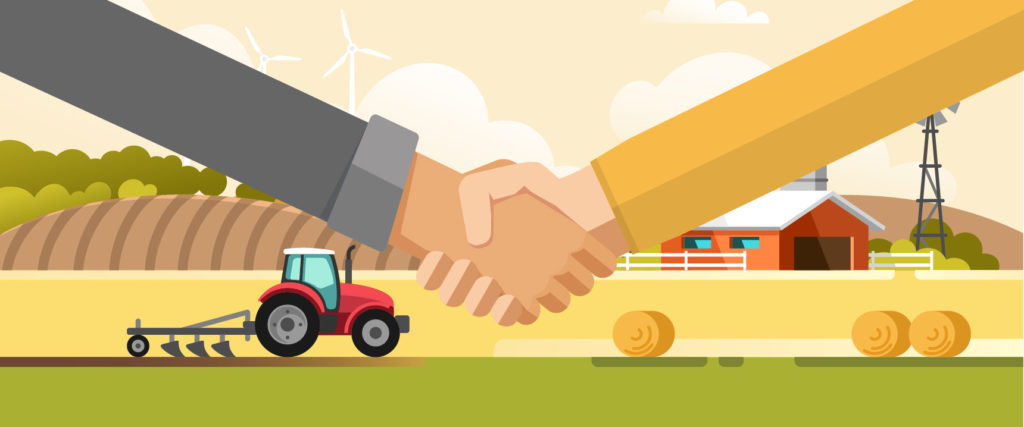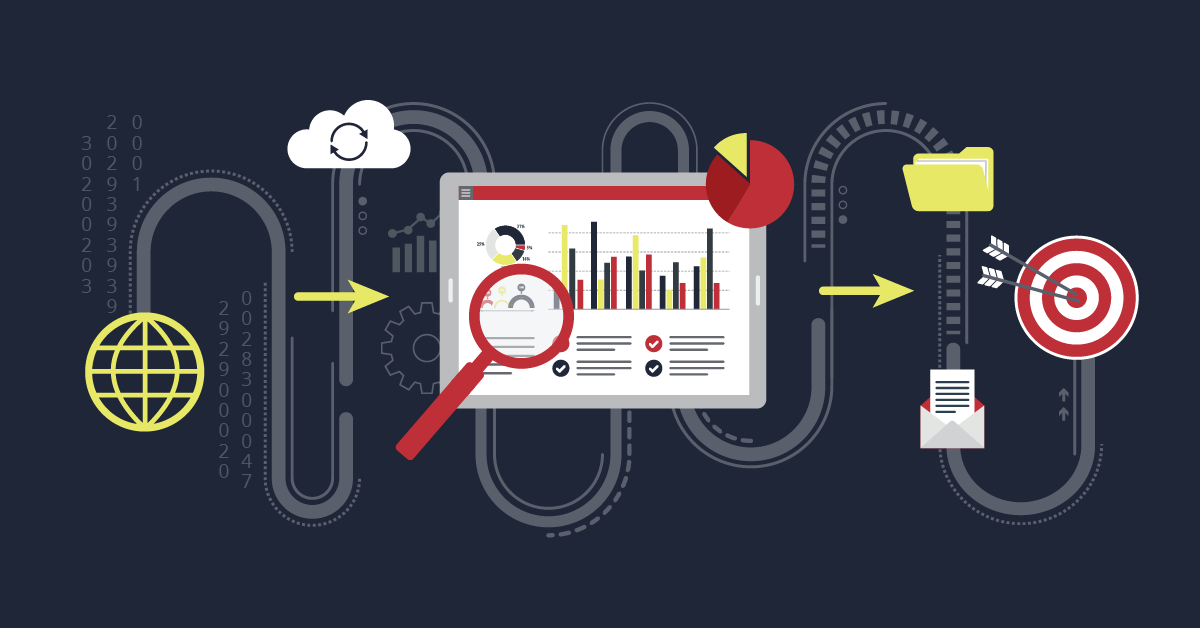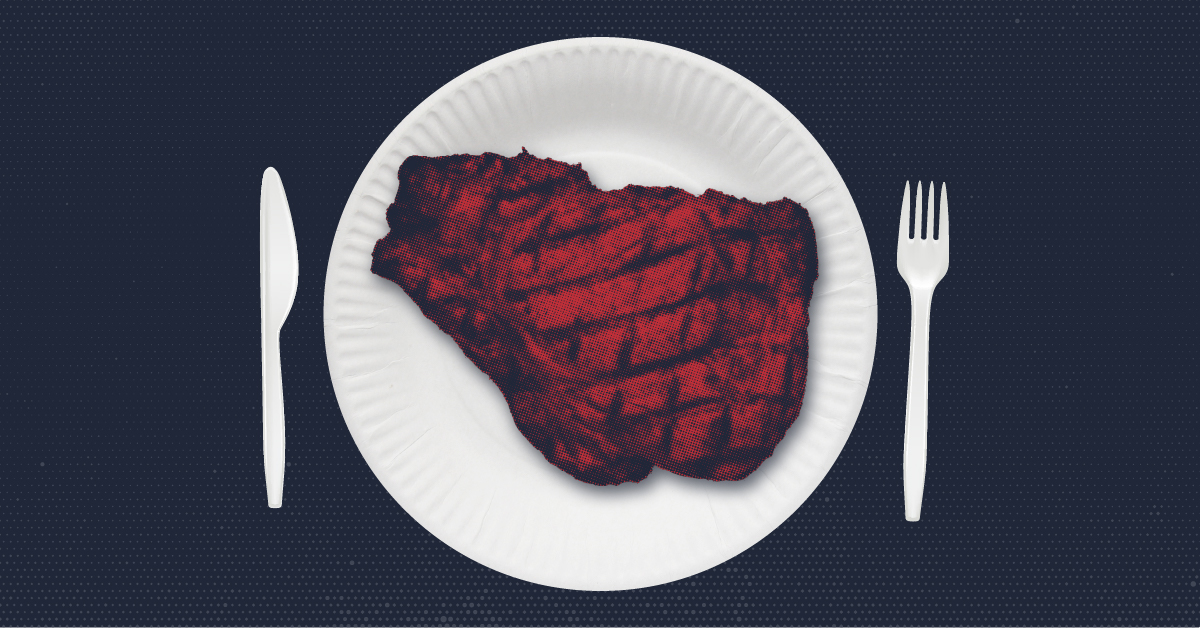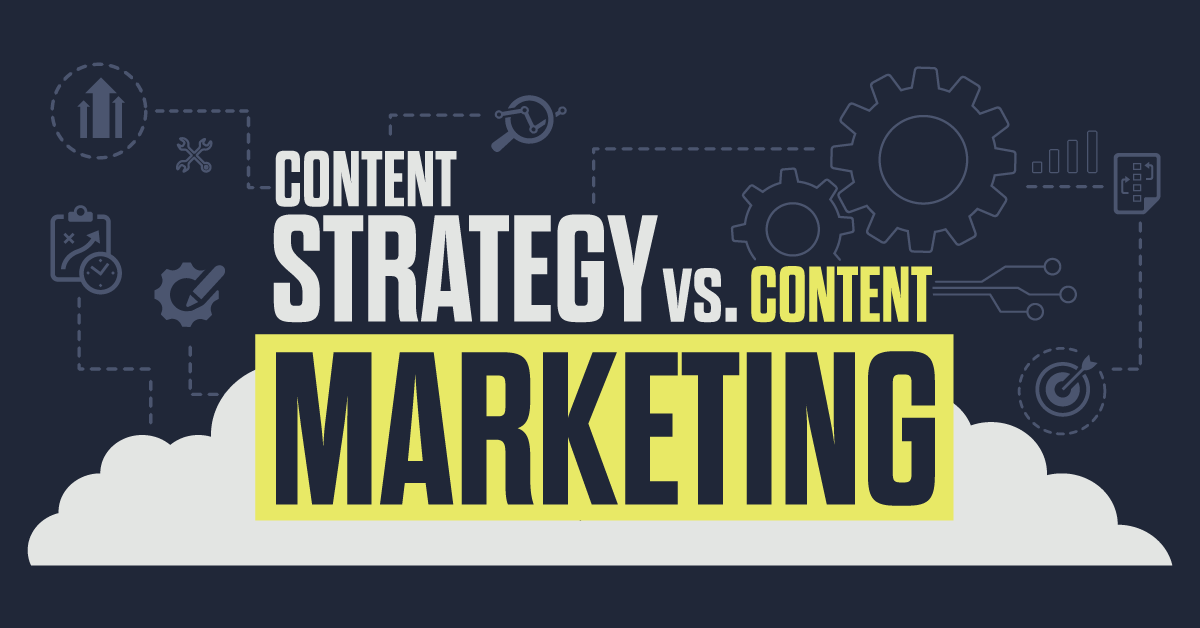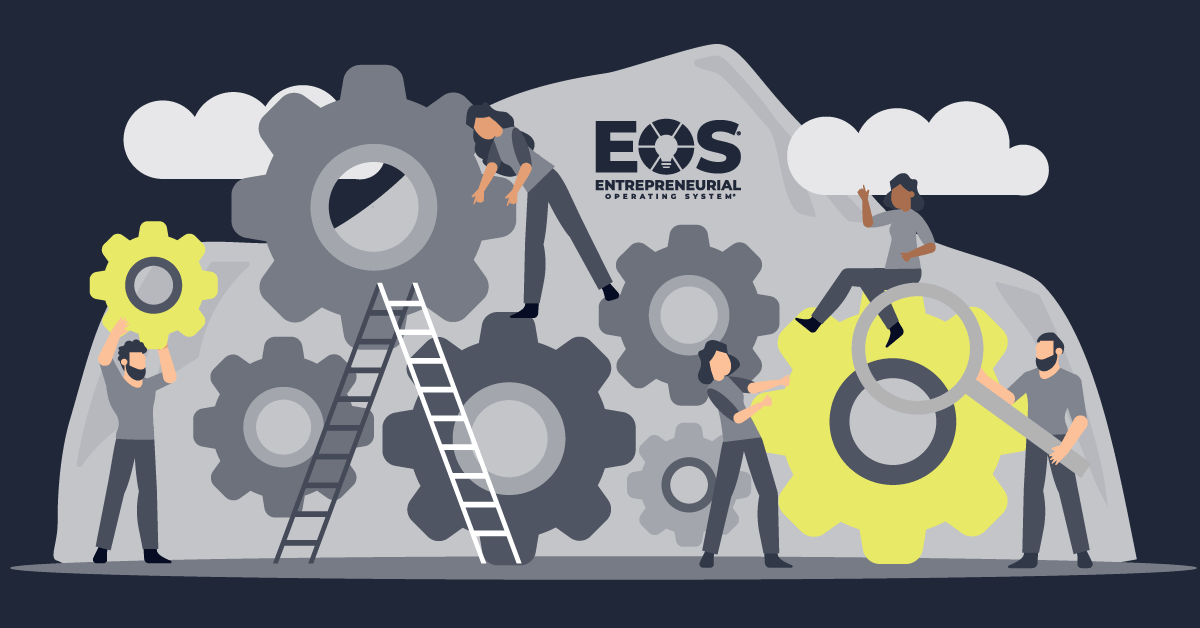As the sixth-generation farmer and an advertising professional, you could say I’m a little critical when it comes to the many messages used to target the agriculture community. I’ve seen it all — companies using the wrong crop pictures, ads talking about problems they think we’re facing and we’re not — my personal favorite is the Chick-fil-a Holstein cow mascot saying “eat more chicken” because it saves the cow *insert eye-roll*.
We Appreciate It
The trend in marketing to farmers over the past several years has been to “thank a farmer”. This phrase usually pops up on National Ag Day or National Farmer’s Day. Countless companies and corporations have jumped on the bandwagon to thank the industry every year.
Who could forget that Dodge commercial that debuted and aired during the 2013 Super Bowl? You know the one — Paul Harvey’s infamous 1978 ‘So God Made a Farmer’ speech over powerful, authentic farming images. I can’t lie, it made this Ford owner contemplate the switch to Dodge. Sure, my family and I enjoy eating at Culver’s after a long day of baling small square bales because of their strong and active support of the American farmer. I mean, why not support a place that supports you and your livelihood?
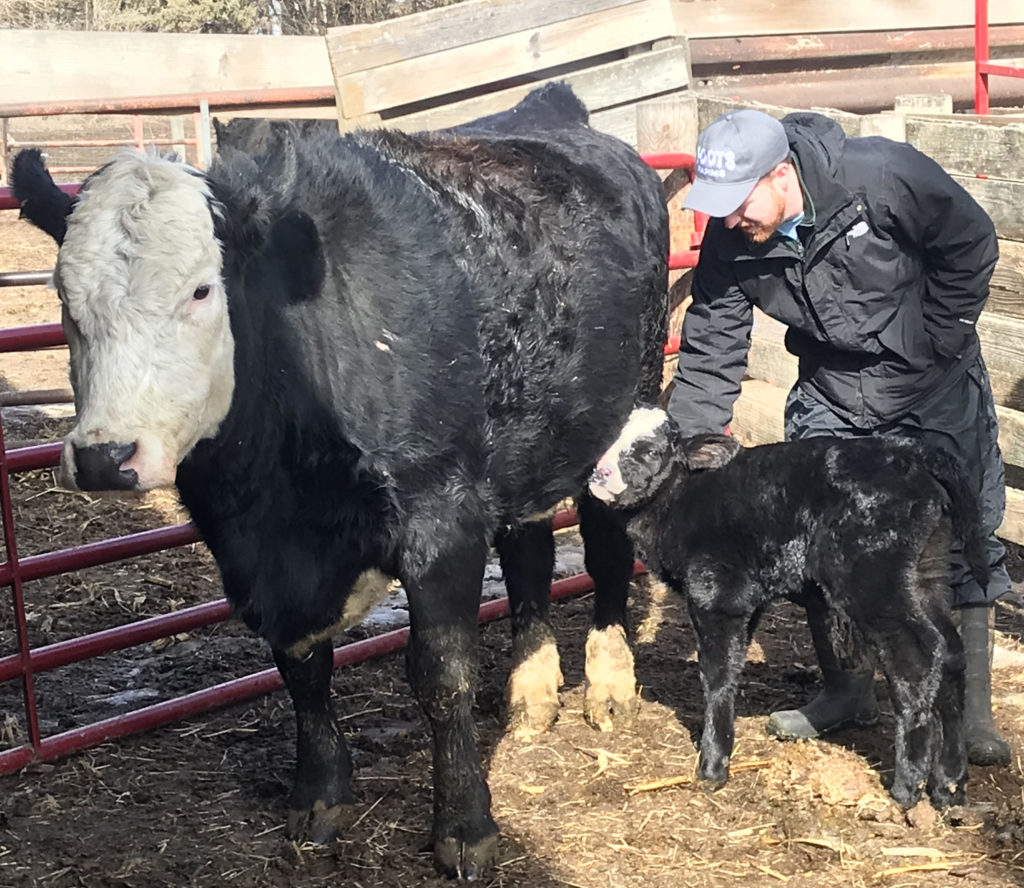
But, Stop Thanking Farmers
The “Thank a farmer” messaging has been a great tool to boost consumer awareness of farms and their food. Corporations talk about the dedication, sacrifices and the passions of farmers. They’ve acknowledged the general lifestyle of the farmer and farm families, but we’ve reached a turning point. We should stop thanking farmers and implore audiences to trust farmers.
A decade ago, the target audience of this messaging was primarily people who were three, if not four generations removed from the farm. This decision led to many misconceptions about the industry. Today, those misconceptions have grown and multiplied.
Farmers live in a world today where plant-based burgers are trying to replace actual beef patties as the healthier option. Politicians and celebrities are promoting a vegan lifestyle and blaming farmers for “ruining the earth” because cattle send methane and carbon emissions into the atmosphere.
We also hear the common misconceptions. Chemicals being overused, secreting into our water systems. Organic and all-natural food being better for you. GMO food or GMO-fed meat can cause cancer or harm to your body. And organic food has less environmental impact than conventional food production. These all support the idea that farmers don’t care about our land, the water or the planet and that couldn’t be further from the truth.
Try a Little Trust
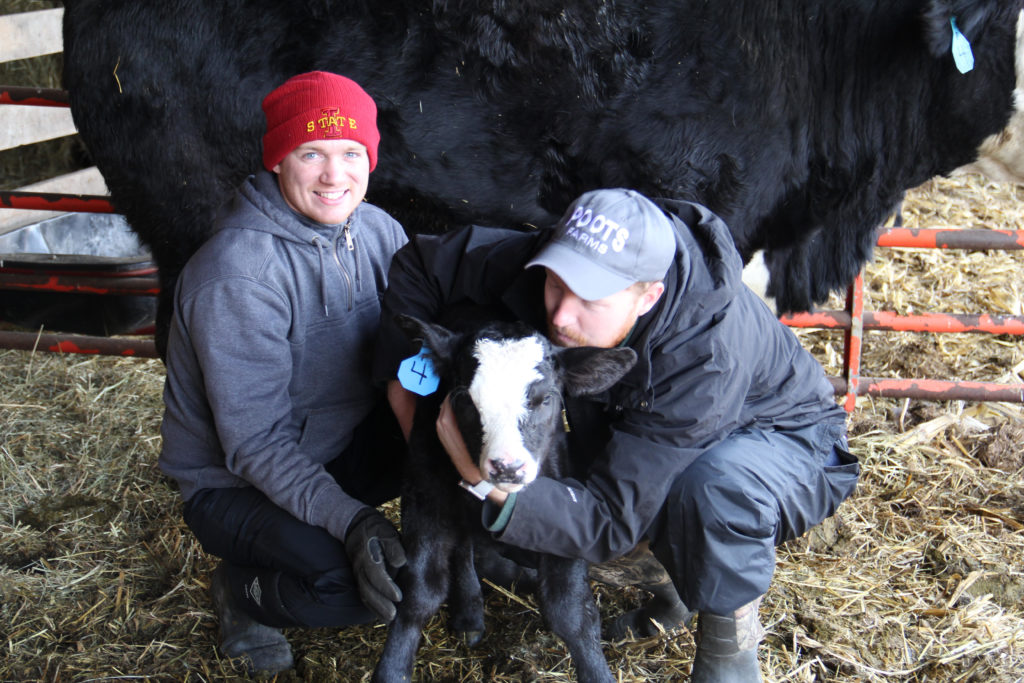
Now is the time to encourage the trust of farmers. Trust us when we say there is a withdrawal period after a sick animal is treated with an antibiotic before it can be sold for market and enter our food supply. Or when we say that “all-natural” labeling is an unregulated marketing ploy used to increase sales. Or when we say we are good stewards of the land, using advanced technology to increase efficiency and decrease runoff.
Much like any successful campaign, there is always a follow-up campaign that piggybacks off the former. ‘Trust a farmer’ is messaging that my fellow farmers and I want to hear next.
Whether it be at a little league baseball game, a grill out with friends, a wedding or any sort of mingling, we do our best to educate and inform the general consumer the best we can about what we do, especially when the follow-up questions or conversation take place.
We can’t do it alone
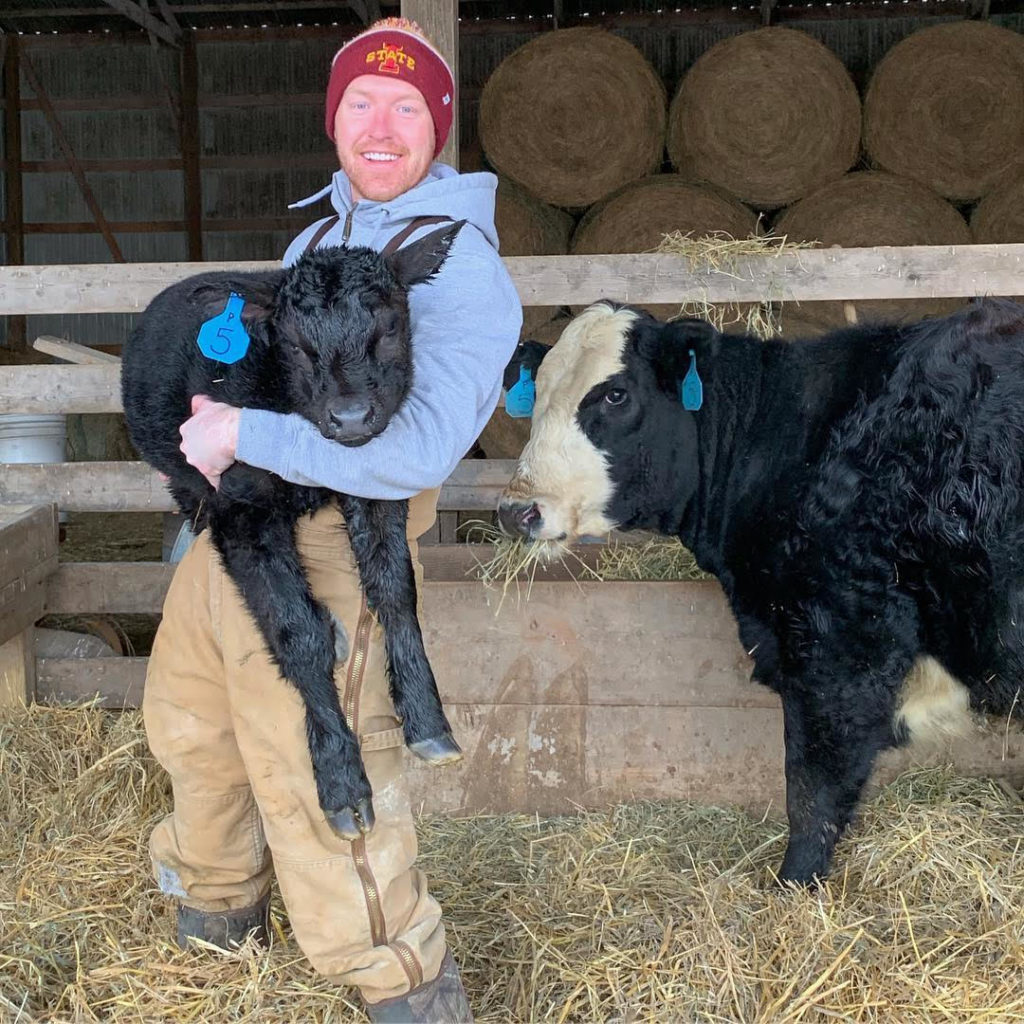
As farmers, we want big corporations, companies and people with platforms to stick up for us. There are lots of general misconceptions and a negative narrative that has been painted of us. We want others coming forward and saying “Trust these families and these farms.” We want people to understand that we are doing things right for our land, water, communities, food, earth and air.
And we want people to know that we are some of the smartest and most curious people out there, trying to problem solve like the rest of you.
With the help of data, science, technology and the community, we are doing our best to make data-driven decisions, meet customer demands, advance our efficiency and protect our planet while putting nutritious and affordable food on the table.
Much like many consumers and corporations, farmers are doing things to make the land and world a better place for the next generation so that we continue to evolve and prosper. We’re on your side, and we want what you want — trust us.
LF Newsletter Alert
Want Lessing-Flynn to rock the socks off your inbox with insights and more?
